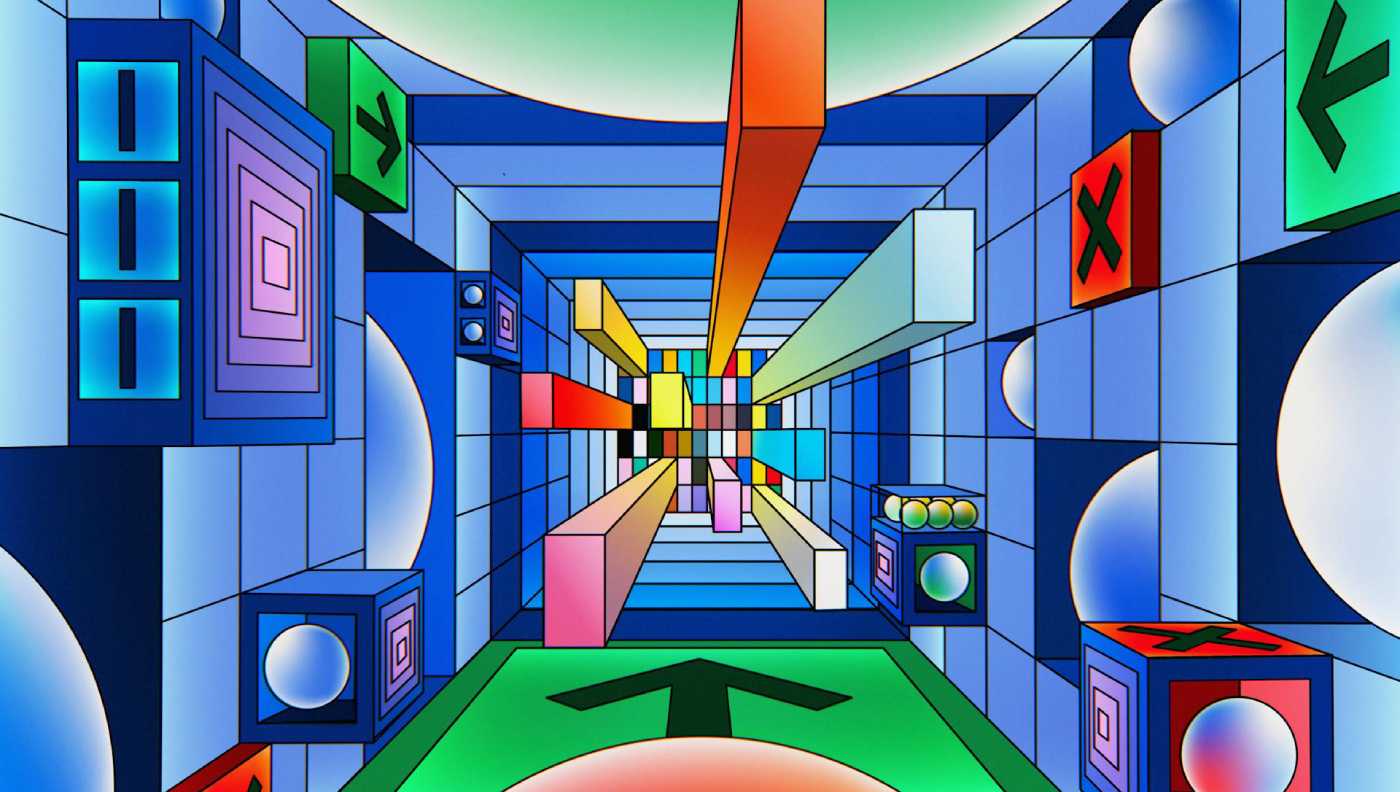How are EHR systems related to therapy outcomes? Why is a behavioral health EHR system essential for mental health professionals/practitioners? How can EHR systems improve the businesses of behavioral health practitioners, including psychologists, psychotherapists, psychiatrists, and counselors? Do behavioral health EHR systems benefit patients, providers, or both?
These are crucial questions to ask as a practitioner searching for the best EHR system. Whether you’re a small, medium, or large organization, adopting an EHR system can improve how your practice conducts business and the quality of care that the patients receive.
Let’s develop a better understanding of therapy outcomes after adopting a behavioral health EHR system.
When using an EHR system, the practitioner has a bird’s-eye view of the patient’s clinical profile and the ability to narrow down search parameters. For instance, they can go directly to treatment goals or progress notes and search for specific documentation uploaded by the various members of the care team. In short, an EHR system enhances the accessibility of documentation and facilitates the sharing of information, improving the quality of care for the patient.
Compared to paper documentation, EHR systems improve the amount of information documented and billing procedures, and most are HIPAA compliant. Behavioral health teams can directly see how much progress a patient has made in relation to their treatment goals or other factors of care. The mental health practitioner or specialist can click on the appropriate area of the patient’s profile and see, for example, what medications the patient has been taking and for how long.
What other impacts do EHR systems have on therapy outcomes? For one thing, the practitioner and the team spend less time on administrative tasks, which means the practitioner and supervisor can spend more time on supervision. All admin duties are recorded at the time of the event, enabling practitioners to focus on working and improving the quality of care. In other words, with an EHR system, practitioners and teams can focus more on the patient and less on the behind-the-scenes responsibilities.
Second, EHR systems facilitate the use of patient progress notes to promote efficiency. They provide better information availability, enhanced team collaboration, and improved coordination of care, resulting in a reduced need to needlessly track down paper records from other providers, thus streamlining the transition.
Therapy outcomes are also improved because EHR systems allow for electronic referrals, facilitating follow-up care with specialists, such as psychiatrists and nurses. Furthermore, EHR systems enable patients to obtain prescriptions in a more expedited manner and will inform practitioners about drug interactions, which provides better medication management. Issues such as “double doctoring” are easy to avoid because practitioners can monitor the prescriptions that their patients are taking. Practitioners also see all medical history and can make more informed decisions about the treatment of choice.
Additionally, psychiatrists, nurses, and mental health counselors will spend less time filling out the same forms at each office visit, since these are gathered at intake or another convenient time and uploaded to the system right away. This increases efficiency and makes it more convenient for patients and providers to submit and access information. Additionally, patients can complete documentation at a different location than the office and submit their information to the appropriate staff member, who then can upload the information to the EHR system.
Improving the way that mental health providers manage and access data also improves therapy outcomes. This is illustrated in the enhanced security with which documentation is stored. Data is secure in that only approved practitioners can access the documentation, and all of them require a username and password to do so, thus leaving a trail of information about who has accessed the patient’s profile and when.
Additionally, therapy outcomes may improve in the future because patients will have access to their EHR information, thus empowering them to work more collaboratively with the mental healthcare team. Finally, EHR systems enable practitioners to swiftly respond to a crisis. Providers can quickly access a patient’s information, such as their address and emergency contacts. By knowing these details, providers can quickly send help to the patient’s residence and get in touch with someone who can help the patient in the moment of crisis. Ultimately, this can help the patient access the help that they need sooner.
All these ways are how EHR systems can help practitioners improve therapy outcomes for patients.
Here at CarePaths, we help therapists work more effectively and improve patient outcomes. To learn more about how we can help you, start your free trial today!









